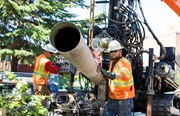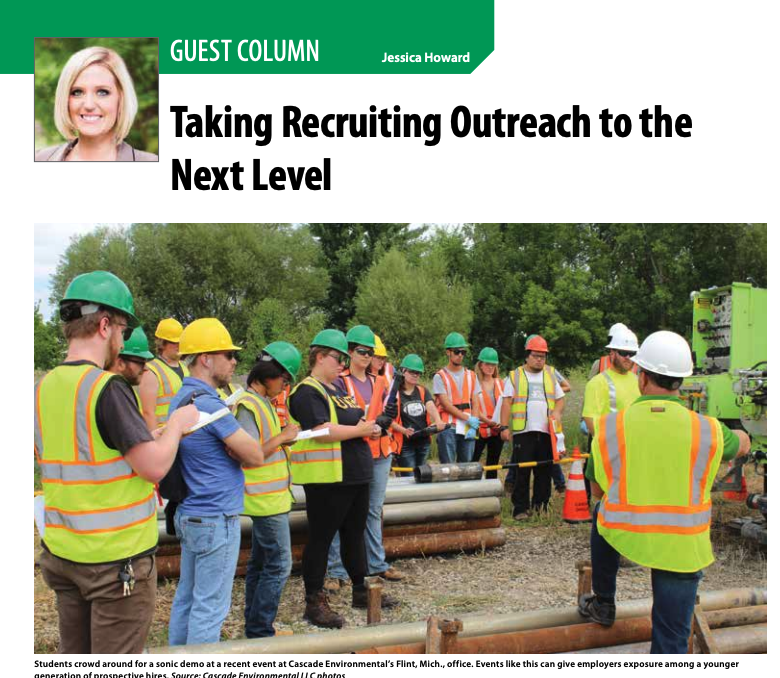3 Things You Need to Ask Every Contractor Before Hiring Them for Your Anode Installation
By: BILL POUPISCathodic protection can seem like a pretty cut-and-dried aspect of your construction or renovation project, and usually it is—but if you hire a contractor without much experience with anode installation, you’re inviting potential headaches. Luckily, it’s easy to vet contractors ahead of time with a few simple questions.
WHAT TYPE OF ANODES, IF ANY, HAVE YOU INSTALLED?
Some anodes come prepacked with graphite or coke breeze in a bag around the metal anode, with a cable to surface for connecting. Others come separate, designed for the anode to be placed in the borehole before adding the special fill material around the anode Still others are available that bolt directly pipes, tanks or other structures.
There are multiple types of anodes, and they all require different installation methods and depths.
Your contractor should know and be experienced with the various styles of anodes and the boring methods most appropriate for each—including the type your project requires. Installing the anode at the wrong depth or using the wrong borehole development method could result in poor cathodic protection performance, and possibly require an additional anode installation to address the issue.
WHAT ARE YOUR CAPABILITIES FOR DEPTH AND DIAMETER?
Some drilling contractors—even experienced ones—may be limited by the rigs and tooling they have available. You should ask this question early in your selection process to ensure the bids and proposals you receive are from contractors who have the right equipment to perform the work. If you wait, you may find you and the contractor have wasted time discussing work that they just can’t do.
If the anode installation you require is unusually deep, calls for a large diameter borehole, or there are a high number that need to be installed in a short period of time, focusing on larger drilling companies may be wise. They likely have a more extensive fleet than their smaller competitors, and can pull rigs from another yard to perform the installations.
WHAT FORMATIONS CAN YOU DRILL IN?
This question isn’t just about equipment, it’s also about the abilities of the drillers a company employs. Many drilling companies have a sweet spot they’ve honed over the years, and it’s the type of lithology they drill most often and are truly expert in. As a result, they may be less proficient in other formations—like the one in which you need anodes installed. If you hire a contractor whose drillers can’t handle the lithology, you may need to bring in multiple contractors to finish the work, racking up unplanned expenses and logistics.
Larger organizations really have a leg up over smaller companies when it comes to drilling specialists. Because they employ more drillers total, they’re likely to have one that is highly experienced with drilling in formations similar to that of your project site.
Anode installation is not complicated, but things can still go sideways if you hire a company that is inexperienced or poorly equipped to do the work. By using these three questions to vet potential drilling contractors, you’ll be well on your way to filtering out the ones who aren’t a good fit.
Interested in having Cascade perform cathodic protection work on your next project?






